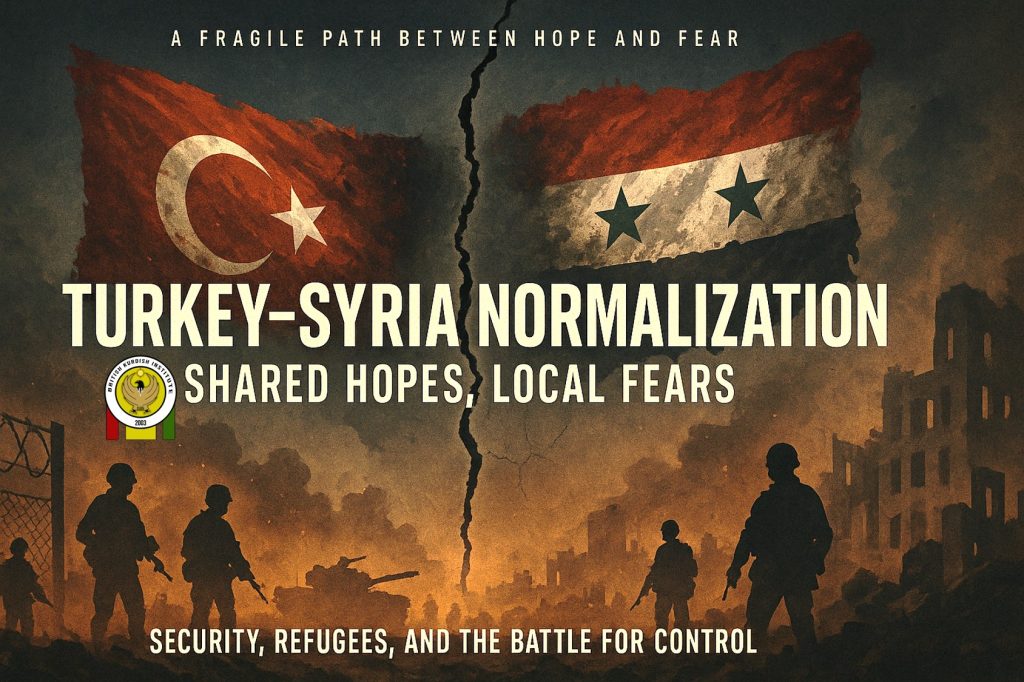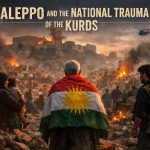Talks between Turkey and Syria, mediated in Moscow, initially raised hopes of improved relations and coordinated security strategies. Yet, despite high-level meetings between military and intelligence officials, real progress has been limited. Turkey’s approach to normalization centers on two goals: joint action against the Syrian Democratic Forces (SDF) and their civilian wing, the Democratic Autonomous Administration of North and East Syria (DAANES), and the resettlement of millions of Syrian refugees currently living in Turkey.
Turkey’s Priorities: The Fight Against the SDF
Ankara’s top priority is undermining the SDF, but Assad’s government has its own conditions. Damascus demands that Turkey-backed opposition groups—such as the Syrian National Army (SNA) and Hayat Tahrir al-Sham (HTS)—be included in any deal. Both sides are sending indirect messages, balancing cooperation and rivalry.
Assad has tried to weaken the SDF by empowering Arab tribal elements in northeastern Syria, such as those led by Nawaf al-Bashir and Ibrahim al-Hifl in Deir Ez-Zor. These groups receive direct support from Damascus and Iran-backed militias. Meanwhile, Turkey has transformed its “safe zones” into fragile areas plagued by internal rivalries, poor governance, and deteriorating public services.
The United States has blocked Ankara from launching a new ground offensive in northeast Syria but continues to tolerate Turkish drone and air strikes against SDF and DAANES targets. Since 2022, Turkey has deliberately attacked vital infrastructure to erode DAANES control and turn local communities against Kurdish-led governance.
Turkey’s Influence Over Syrian Opposition
For years, Ankara has reshaped Syrian opposition groups to align with Turkish interests. It sidelined factions demanding continued resistance against Assad, while empowering Turkmen-led groups such as the Hamza Division, Sultan Suleiman Shah Brigade, and Sultan Murad Division. Through the Syrian Interim Government (SIG) and the Turkmen Association, Turkey has inserted its own administrators and tightened its grip on local governance.
This has sparked growing resentment in opposition-held territories. Syrians increasingly view the region as a Turkish protectorate, where dissent is met with harsh repression. Recent protests against normalization saw violent crackdowns, arbitrary arrests, and even the transfer of detainees to Turkish prisons. Internet services from Turkey were cut off entirely during the unrest, further inflaming public anger.
Turkey’s controversial decision to open a new trade crossing between Al-Bab and regime-held Aleppo also drew criticism. Many Syrians warned that it would strengthen Assad’s sanctioned government while undermining the opposition’s already fragile economy.
Syrian Refugees: The Core of Erdogan’s Strategy
Nearly four million Syrian refugees reside in Turkey, and their fate is at the heart of Ankara’s normalization agenda. Erdogan has long used the refugee issue as political leverage—pressuring the European Union for funding, bargaining with global powers, and mobilizing Turkish voters with promises of mass deportations.
Inside Turkey, refugees are increasingly scapegoated. In Turkish-controlled Syrian territories, conditions remain dire. Deportations occur daily, and many observers see these regions as “dumping grounds” for displaced people rather than genuine “safe zones.”
Ankara’s refugee policy is closely tied to its military operations. Erdogan’s 2019 U.N. speech outlined a plan to resettle millions of Syrians into a proposed “safe zone” cleared of the SDF. With Qatari funding, new settlements are already being built, signaling large-scale demographic engineering.
Demographic Change and Shared Interests with Assad
Turkey’s refugee resettlement policy aligns, ironically, with Assad’s long-term strategy. By displacing Kurdish communities along the border and resettling Sunni Arab refugees in opposition-held zones, Ankara achieves demographic shifts that weaken Kurdish influence. Meanwhile, Assad benefits from the permanent expulsion of Sunni Arabs from areas his regime has recaptured. Iran-backed militias also support these efforts, further entrenching sectarian and ethnic divides.
What Normalization Means for Syria’s Future
Despite ongoing negotiations, Turkey-Syria normalization faces deep challenges. Yet the process could profoundly reshape Syria’s conflict. It risks weakening both of Assad’s main adversaries: the Turkey-backed opposition in northwest Syria and the SDF in the northeast.
A stronger Assad would undermine international efforts to revive a political solution based on UNSCR 2254, leaving the Astana process—led by Russia, Iran, and Turkey—as the only viable framework. After more than a decade of war, normalization might restore the same repressive conditions that fueled the uprising in the first place.









